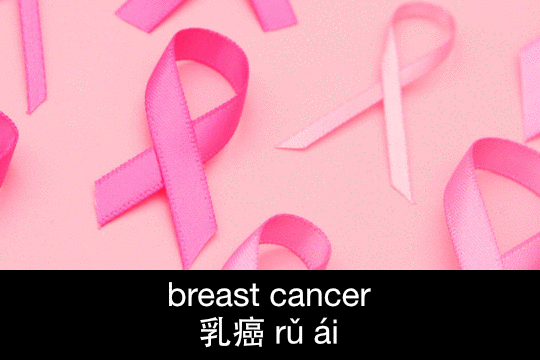Why is breast cancer spiking in China? – China’s latest top news
Jeremy Goldkorn’s selection of the top stories from China on October 11, 2017 Part of the daily The China Project newsletter, a convenient package of China’s business, political, and cultural news delivered to your inbox for free. Subscribe here.

Why is breast cancer in China on the rise?
Jin-Li Luo, a bioinformatician at the University of Leicester, has published an article in The Conversation about the spike in breast cancer rates in China. Breast cancer is the most common cancer among women in China, and incidence increased in the country at a rate of about 3.5 percent a year from 2000 to 2013, compared with a drop of 0.4 percent a year over the same period in the U.S. Luo identifies several factors that may be responsible:
- The One Child policy: Having more than one child lowers breast cancer risk, and few urban women in China had more than one child from 1979 until 2016.
- Breastfeeding also reduces the risk, but many Chinese women have in recent years relied on infant formula.
- There may be an association between the use of oral contraceptives and hormone replacement therapy and the rise in breast cancer incidence.
- Unhealthy lifestyles — stress, poor diet, increased alcohol consumption, and lack of exercise — are all contributing factors.
Leadership change and repression
Stepped-up security measures continue as Beijing prepares for the Communist Party’s 19th Congress, when the leadership team under General Secretary Xi Jinping for the next five years will be announced. Today’s reporting:
- The New York Times reports (paywall) that two People’s Liberation Army (PLA) generals have disappeared from public view while their successors were announced “without fanfare.” The Times interprets this as “the latest step by Mr. Xi to strengthen his grip on the military,” and also possibly as a way for Xi “to extend his influence beyond a second term.”
- Reuters interviewed 16 people with ties to China’s leadership, and reports that 12 of them said that Wang Qishan 王岐山, the official in charge of the ongoing anti-corruption campaign who is often seen as Xi’s right-hand man, “was likely to retain a leadership role” after the 19th Party Congress. If this happens, many observers will read it as a sign that Xi intends to hold on to power after his second term.
- Bloomberg says that “Chinese state-backed funds intervened to limit gains in the nation’s stock market” as the government attempts to “restrain market swings” before the 19th Party Congress.
- Reuters reports that short-term rental service Airbnb has suspended listings in Beijing until October 31, as have local rental firms.
- Caixin reports that “China has put two vigorous graft-busters in top positions at the country’s banking and insurance regulatory commissions — a strong message that upgraded anti-corruption investigations can be expected throughout China’s financial system.”






